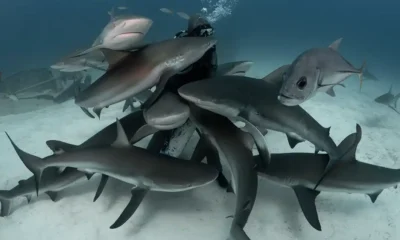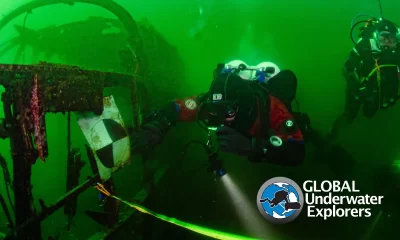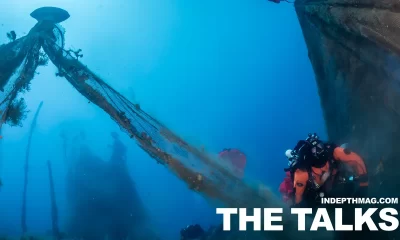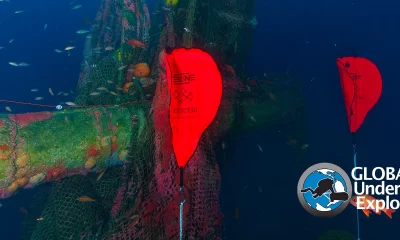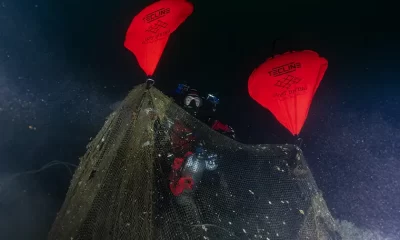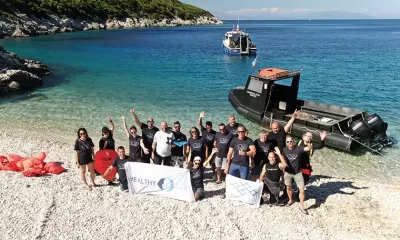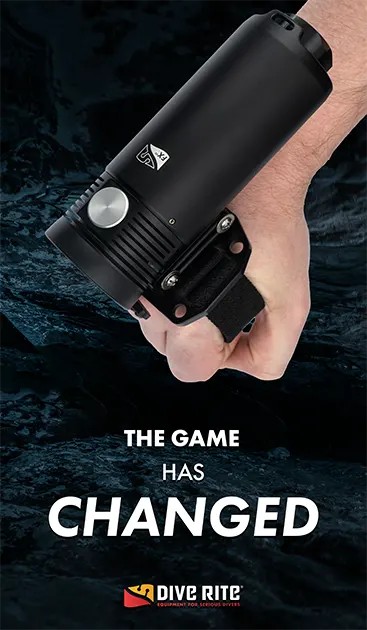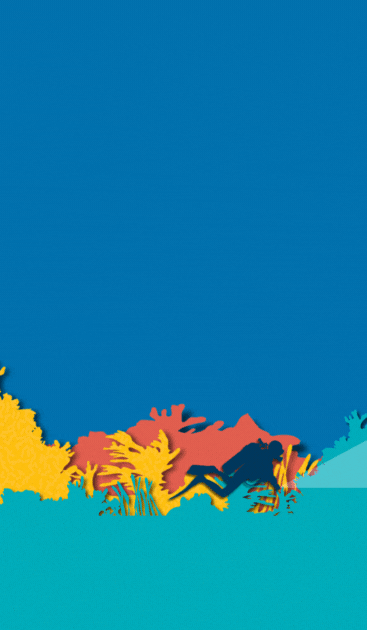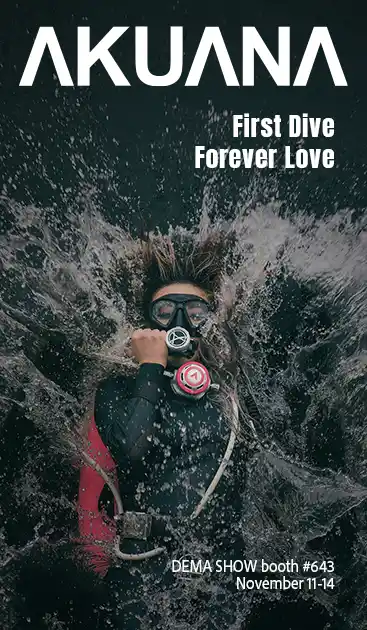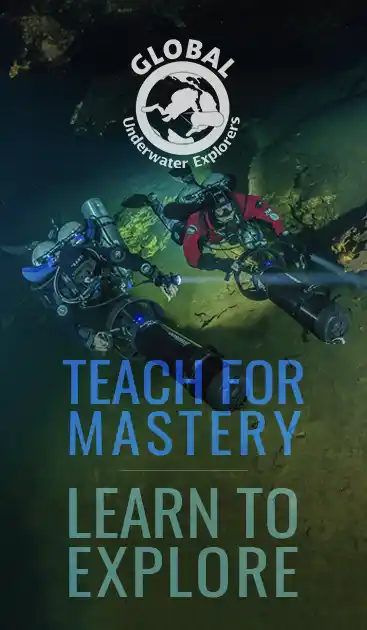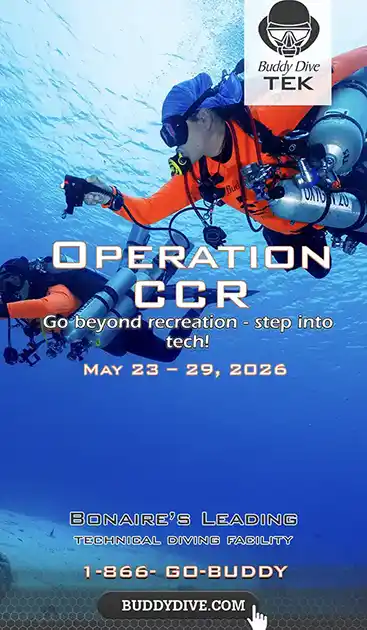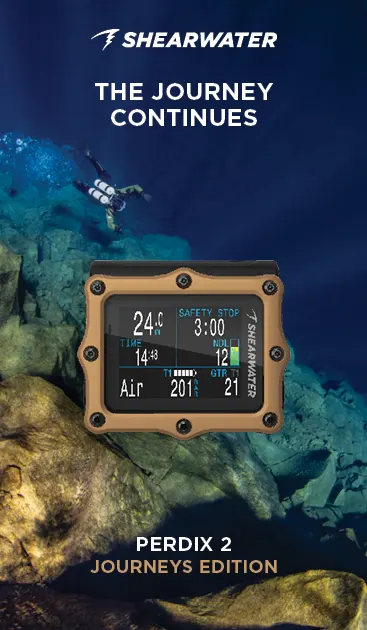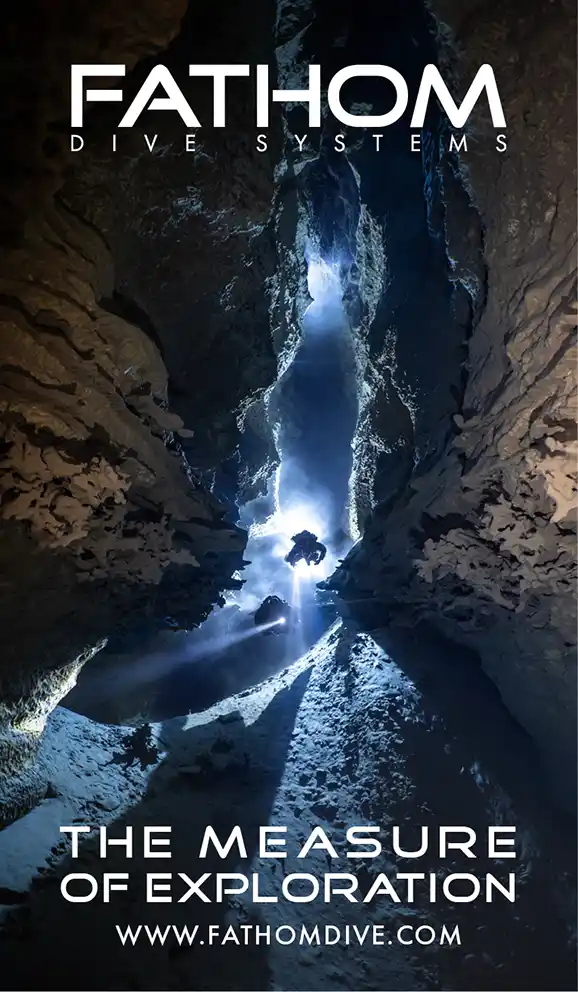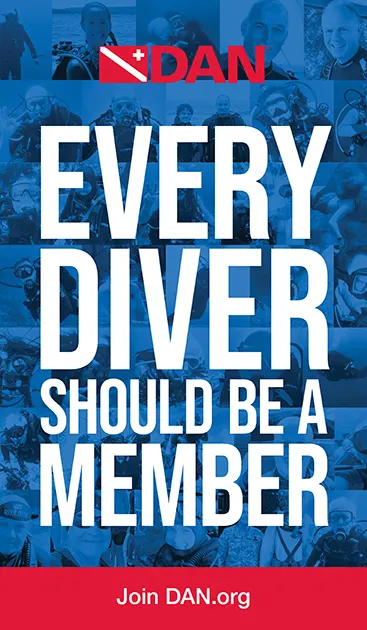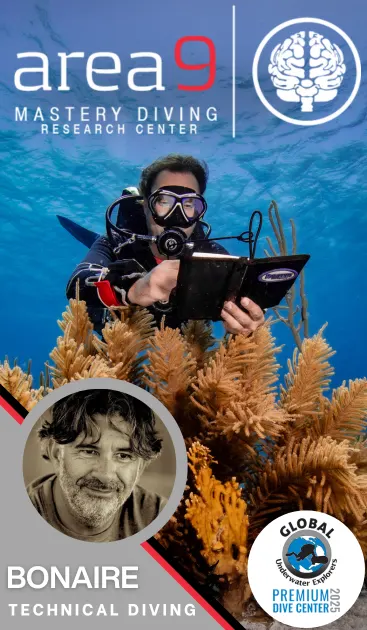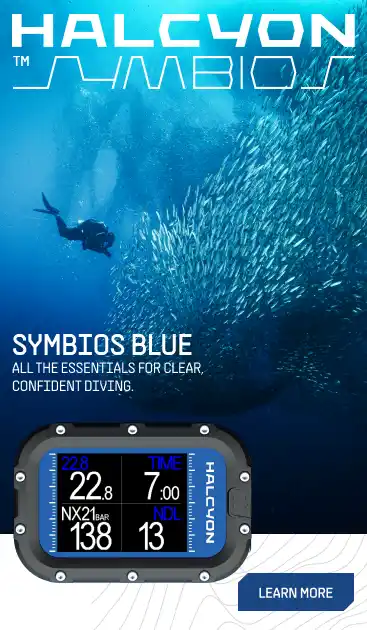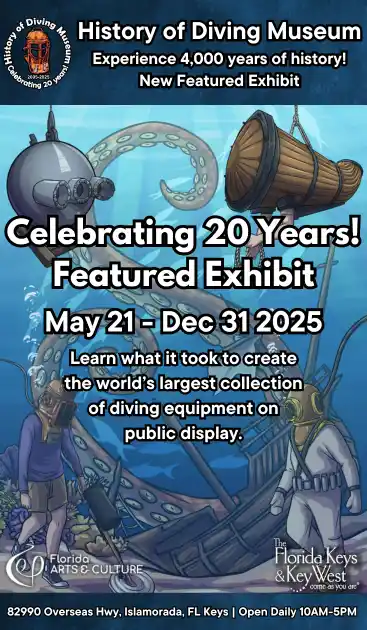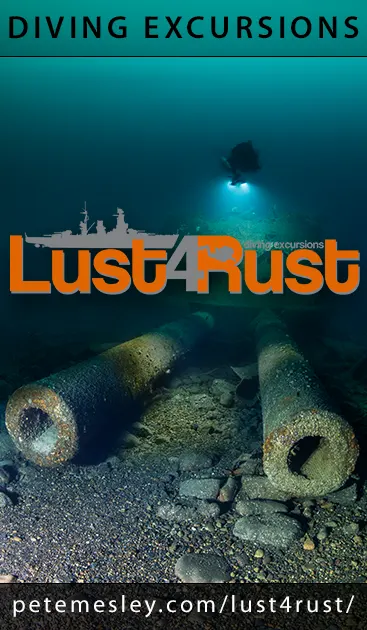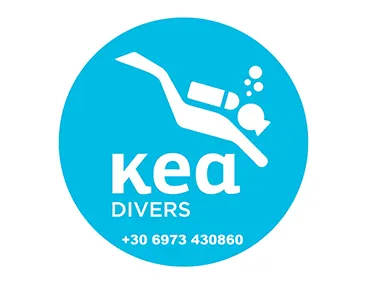Conservation
International Marine Conservation Organisations Return to Greece to Tackle Ghost Farms
PRESS RELEASE

Another massive marine protection effort just wrapped up on the island of Ithaca in Greece. Last year, the record-breaking cleanup project by Healthy Seas and their partners removed 76 tons of marine litter from seas and beaches in eight days. This devastation was caused by an abandoned fish farm ten years earlier that had wreaked havoc on the environment, the community, and maritime traffic.
It turns out that the same aquaculture operation ran another facility elsewhere on the island, and instead of removing the nets, rings, and floats when they ceased operations, operators sank the apparatus to the bottom of the sea.
It is estimated that 580,598,234 kg/640,000 tons of fishing gear are lost or abandoned annually in the seas and oceans[i]. The phenomenon takes the name ghost fishing because the nets appear almost invisible underwater, trapping and killing all manner of marine animals. It is not clear if the UNEP statistic also accounts for entire ‘ghost farms,’ a sad but true occurrence in Greece.
“The main difference of this ghost net cleanup project is that the owner of the abandoned fishing gear that we discovered and removed has a name. We have confronted this environmental crime two years in a row, we’ve worked toward restoring the damage as well as finding out who is responsible, and we now find ourselves in a position to do something. The matter is very complicated. Our goal with this project is to raise awareness about ‘ghost farms’ and to put an end to them.” – Veronika Mikos, Healthy Seas director
Hyundai, Healthy Seas, Ghost Diving, and many other partner orgnisations, local fishers, and volunteer divers ran a clean-up project from March to June 2022. The team focused on 14 different locations around the island, including the ghost farm and Vathy Harbour. In total, about 23,500 kg/26 tons of waste were removed, of which 18,500 kg/20 tons were nets and 5,000 kg/6 tons of other types of marine litter, including several hundred meters of gillnets and long lines.
To kick off the Return to Ithaca, the team hosted a public awareness event in the main square, which included the screening of a short documentary about the efforts of 2021 and a special photography exhibition which will now move to Ithaca’s Environmental Education Center. Approximately 180 children attended education programs and activities throughout the day—almost all the children living on the island.

Twenty-five big fish farming nets were removed from the ‘ghost farm’ in the Kalavri area. The coordinated effort began with volunteer divers—from the Netherlands, UK, Lebanon, Hungary, and Greece—cutting and attaching lift bags to the nets. Once at the surface, a crane barge lifted the nets out of the water and placed them in recycling transport containers. These nets will be regenerated with other nylon waste into ECONYL® yarn to make new products such as socks, swimwear, act\ivewear, carpets, and more.
“Everyone on Ithaca is grateful to Healthy Seas and Ghost Diving for their efforts to protect our island two years in a row. They were aware of the destruction but didn’t have the means to do anything about it besides witnessing their homeland being ruined by unethical, to say the least, business practices.”-Local environmentalist George Lilas, the man responsible for revealing the environmental destruction of ‘ghost farms’ in Ithaca
Prevention is the only way to stop the ghost fishing phenomenon and halt ocean degradation. To this end, besides the cleanup activities, Healthy Seas and Enaleia’s Mediterranean Clean Up project team have been working together since 2017 to educate fishers in Greece and Italy and collect their waste nets before they end up in a landfill or pollute the natural environment. During the Ithaca project, five local fishers mobilised to limit fishing activity and collect plastic from remote locations around the island.

Other key partners included Odyssey Outdoor Activities, Iaseas, Kefalonia Fisheries, the Municipality of Ithaca, and the Hellenic Coast Guard. The project is conducted under the Auspices of the Hellenic Ministry of Maritime Affairs and the Hellenic Ministry of Environment & Energy.
About ghost fishing
It is estimated that 640,000 tons of plastic fishing gear is lost or abandoned in the seas and oceans each year. Since plastic waste does not biodegrade, the litter can remain in the oceans for hundreds of years while introducing microplastics into the food chain. The phenomenon takes the name “ghost fishing” because the nets are almost invisible underwater, trapping and killing any species of marine animal—including turtles, fish, mammals, and birds—that get entangled, suffer and eventually die.
About Healthy Seas
The mission of Healthy Seas is to remove waste—particularly fishing nets—from the oceans in order to create healthier ecosystems and recycle marine litter into textile products. The recovered fishing nets will be transformed and regenerated by Aquafil into ECONYL® yarn, a high-quality raw material used to create new products, such as socks, swimwear, sportswear, and carpets. Since its inception in 2013, Healthy Seas has collected over 700,000 kg/773 tons of fishing nets and other marine litter with the help of volunteer divers and fishers.
https://www.healthyseas.org/
About Ghost Diving
Ghost Diving is an international non-profit organization of volunteer technical divers who, since 2009, have specialized in the removal of lost fishing gear and other marine debris.
To this day, the Ghost Diving team has carried out diving projects independently or in collaboration with several international environmental and/or diving organizations including Healthy Seas Foundation, Greenpeace, WWF, Global Ghost Gear Initiative, and Global Underwater Explorers. https://ghostdiving.org/


